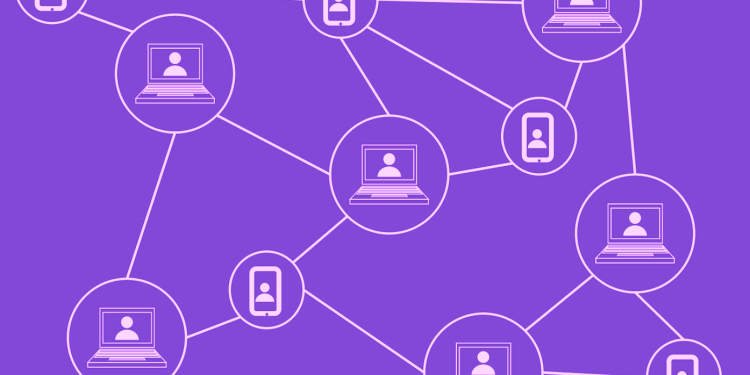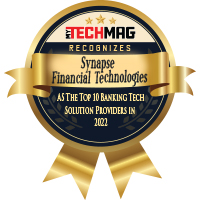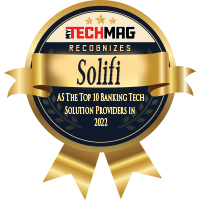With the ushering of a new year, there are many expectations from technological stand-point which is being expected in the Banking arena. The banking arena has been invaded with numerous revolutionary solutions that can take the industry to new heights.
AI & Bots in Banks
From U.S. Bank to Wells Fargo, BBVA Compass and Banco Popular all have developed best of the best robotics and artificial intelligence to simplify the work processes and ascertain more normal procedures. The largest banks are automating work everywhere they can, especially routine work like cutting and pasting data from one application to another. Use of AI and robotics will only increase provided banking regulators enhance more open-minded about them. This will dramatically alter banking jobs and the abilities needed to do them. People will be required to train and design bots and AI engines, to test and supervise them, and to handle the employees who do those jobs.
Customers Will Have More Control of Their Data
Today, one can say that data sharing is happening without consumers’ awareness, but expectations are that habit will start to die this new year. One guesstimate is that very soon most of the consumer banking accounts will come with directions that let consumers decide which third parties can obtain their data and how. This is because large banks are all achieving application programming interfaces with such controls developed in the same.
Faster Payment System
Banks forecast new and enhanced consumer products as a result of faster payments. Businesses expect to be paid faster as the round-the-clock reimbursement would happen under such a system. In 2019, it will become apparent which more rapid payments method will predominate in the United States. The Clearing House, a payments company, co-owned by some of the country’s largest banks, now consists of operating systems that are primarily known as Real-Time Payments or RTP. Some of the larger banks presently use the system but in a restricted capacity. Smaller banks are yet to embrace the network. Meanwhile, the Federal Reserve is under obligation to create its own faster payments system.
Open Banking
Foresee that the banks and fintechs can trust and reach more great combinations that give banks more faith in the security circling data sharing and third-party discovery. The Financial Data Exchange, created by big banks like Wells Fargo and JPMorgan Chase as well as data aggregators and fintechs, was instituted in 2018 to produce a standard to share information and address risks tied to open banking safely. The group could put banks more at ease with open banking process.
Online Lending
Opposition from fintechs is pressuring banks to make faster arrangements on loan applications from small-business and retail customers. To that extent, banks are either developing their loan origination systems through ascents from core service providers or collaborating with fintechs to discuss those shortcomings. Industry watchers expect banks to install more partnerships with fintechs in the coming year to offer their customers the best available digital lending experience. Online lenders, banks and fintechs also will have to produce secure platforms that defend sensitive customer data.
Blockchain
More significant institutions such as Bank of America remain to file blockchain-related patents but are yet to test any products publicly. Mastercard filed numerous blockchain-related patents in 2018 that drew consideration; however, it requires a more grounded plan to use the technology. Meantime, blockchain advocates at financial institutions are cautious of trying to persuade others of the technology’s outcomes. Blockchain defenders admit bank executives and regulators still link the technology to excessive swings in cryptocurrency values.








